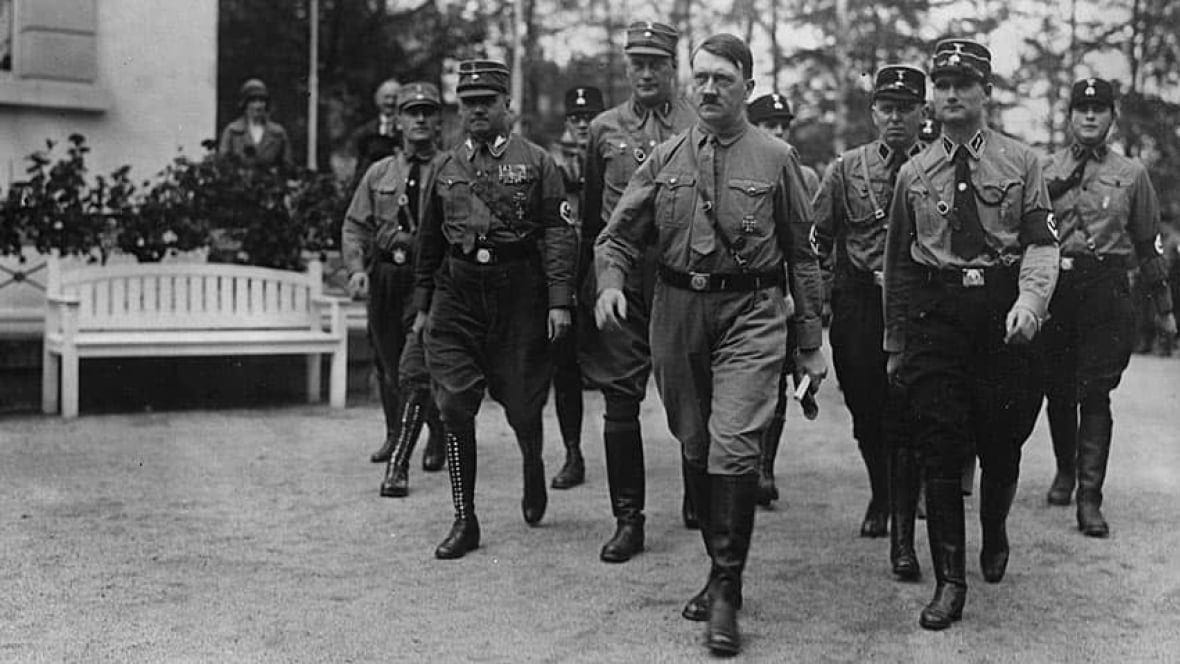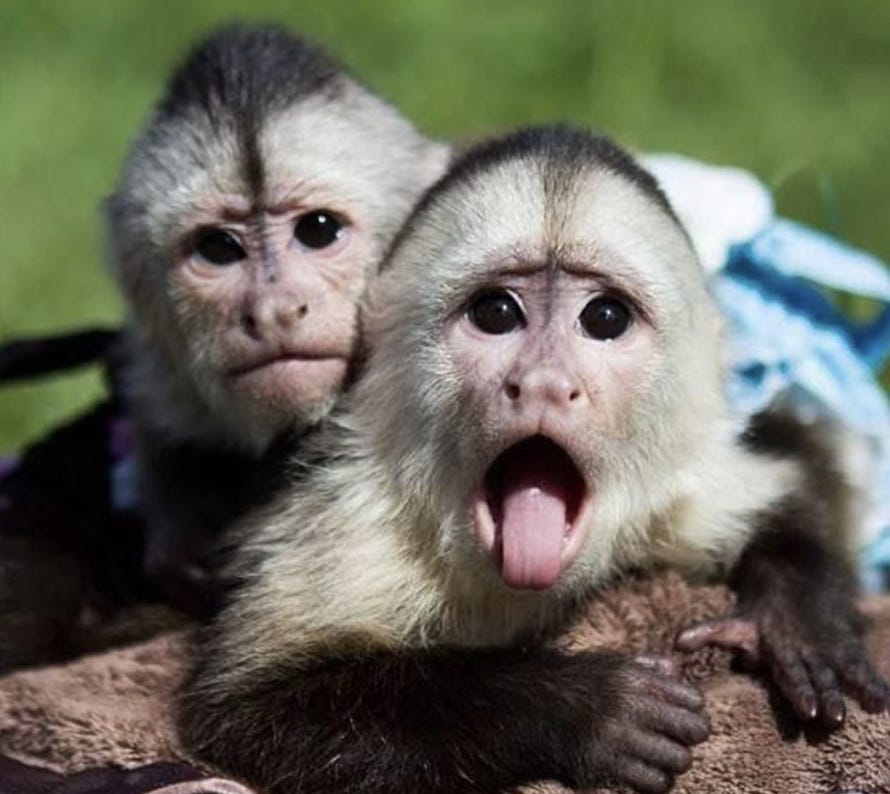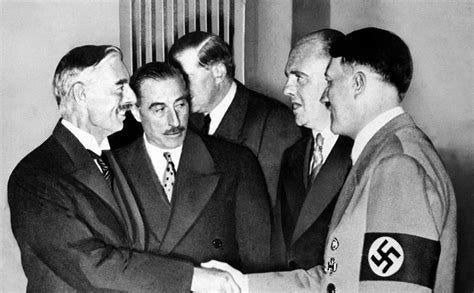Genetic Fairness: Our Oldest Curse
This emotion has been driving primate behavior since long before humans began

In his book, “Mein Kamph”, Adolph Hitler defends his seething rage at the Jewish people by falsely claiming they were stealing the wealth of Germany from the supposedly superior Aryan race by unfair practices and chicanery. Hitler was so crazed by this paranoid belief that he wanted to eliminate all Jews. His insane rage led to the darkest chapter in the history of civilization with the horrific, systematic murder of millions of innocent people and the destruction of much of Europe.
This peculiar hatred didn’t start with Nazi rallies in Nuremberg but with a primordial and deeply embedded trait in humans and other animals by which we all suffer some degree of pain at the perception of unfairness. The concept of fairness is a double-edged sword of cooperation and aggression and it can be seen in the behavior of species as remote from one another as wolves, otters, whales, monkeys and humans. Cooperation seems to be strengthened in tribes by the fear of cheating or of being seen as being unfair. Hatred results.

Long millennia in the past, when humans were tribal, everybody could see what everybody else had. The appearance of having more by any single member was felt to be unfair and, whether it actually was unfair didn’t matter. It was the perception of unfairness which caused the problem. This fear of being perceived as a cheat inspired people either to voluntarily have less than their relatives or keep their possessions hidden, which instilled even greater fear of being envied. This, by the way, was no passing fad in evolution but a collective behavior that went on for such an extraordinarily long time that it became virtually written into our DNA.

The word “envy” is from “en-video” or “to see” and if you imagine that your tribe is really a lot of eyeballs you’ll try in vain not to be seen. You may always feel the fear of being observed and envied. This is where we get the term “evil-eye”.
Do you believe that this emotion is no longer around? The best evidence that it is is when some idiot keys your Tesla or paints a swastika on it. Or when Lezlo Toth took a hammer to Michelangelo’s “Pieta” in the Vatican or when an arsonist sets fire to a forest in California or when 19 Islamists piloted jets into the World Trade Center or when Nazi fanatics burned books and broke the windows of Jewish merchants or when American zealots forced a cowardly Congress to make Prohibition of drinkable alcohol a national law or when an anarchist billionaire finances riots in Seattle, New York, Minneapolis or Paris.
These types of events, whether done by individuals or groups are called vandalism. They are never carried out for personal gain but only to fulfil the desire of depriving others of what they have. That is pure, ancient, atavistic envy!

The true meaning of envy, by the way, is not to want what somebody else has but to want them not to have it! Lurid tabloids in the supermarket bring a dark joy to envious people who delight in seeing the rich and famous stars of Hollywood suffer through divorce or suffer the loss of a home or a relative or finding out that a billionaire has lost everything or has an incurable disease. They just got what they deserved!
The German word for this dark joy is schadenfreude and you can bet that the Nazis reveled in it just as the fanatical jihadists do today.
“We want you not to have Israel. We want you not to have life!”
Although most people on earth have since developed civilization and evolved far from our hunter-gatherer days, we’ve not been able to outgrow the primitive emotions surrounding fairness which both helped humans to survive in a hostile Nature and some to feel personal hurt at someone else’s good fortune.
There is a fascinating body of primate research done by Dr. Sarah Brosnan, at Georgia State University, shedding light on the concept of fairness in monkeys. She would offer a pair of her subjects a piece of cucumber for performing a task. They both liked the cucumbers. But then when she gave one of them the usual cucumber and gave the other one a much preferred grape, the monkey with the cucumber got so mad that he would throw the uneaten cucumber back at the researcher.
It was overwhelmingly clear that the monkey with the cucumber felt the sting of unfairness to such a degree that he preferred acting out to accepting what he perceived as an unequal reward.
What Dr. Brosnan’s research ominously suggest is that our feelings of fairness and unfairness predate humanity to such an extent that we have no way of eliminating them from human society. Moreover any attempts by government to force fairness or social justice in society can only attain unfairness and injustice for everybody except those in the government who are free to take all the grapes and throw the cucumbers back at us.
One of the most insightful books you can read relating to this subject is by German author, Helmut Schoeck, entitled simply “Envy: A theory of human behavior”. He details how the avoidance of envy and envy itself are two sides of the same coin, naming this avoidance “Appeasement”, or pro-active surrender or the giving up one’s own perogatives to an enemy in the vain hope of avoiding envy.
Examples of this are Neville Chamberlin’s bowing to Hitler trying to avoid war and the protracted giving up of more and more land by Israel to the Palestinians. However, appeasement is seen by the one being appeased as a ploy to deny him the dark joy of depriving the envied person. This only creates intensified hatred for the appeaser, which is exactly why appeasing an enemy never works!
Sound familiar?
Psychoanalyst, Melanie Klein, wrote the book “Envy and Gratitude” in which she makes the strong case that the only remedy for envy and appeasement is the sense of gratitude in which grateful souls don’t really give much of a damn about fairness.
There isn’t a better alternative would be my guess.








